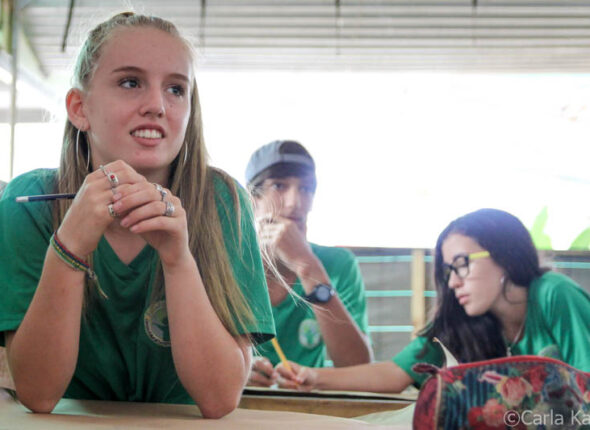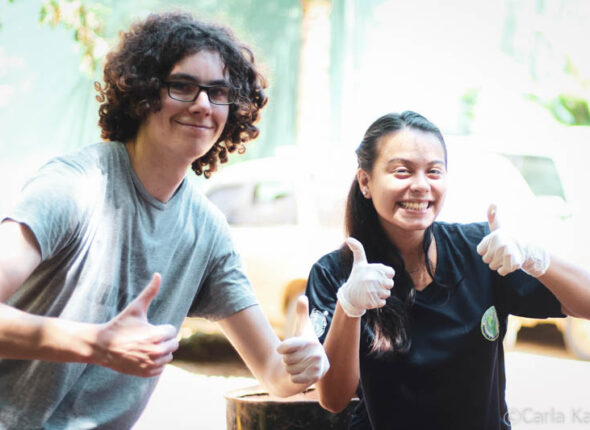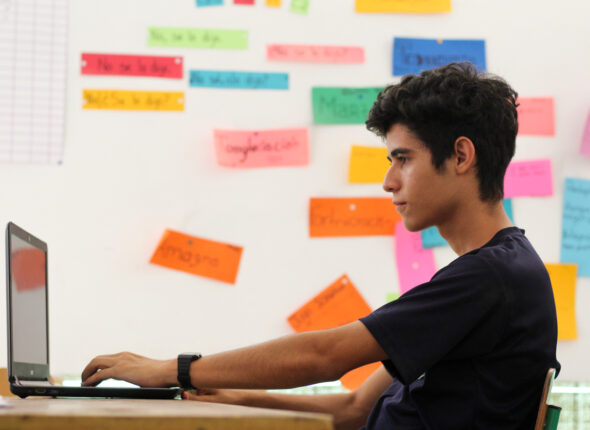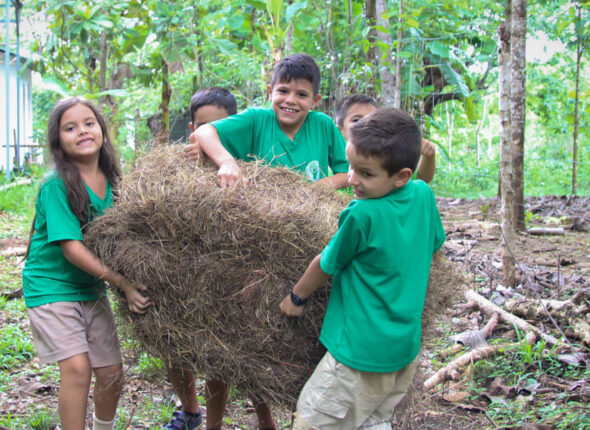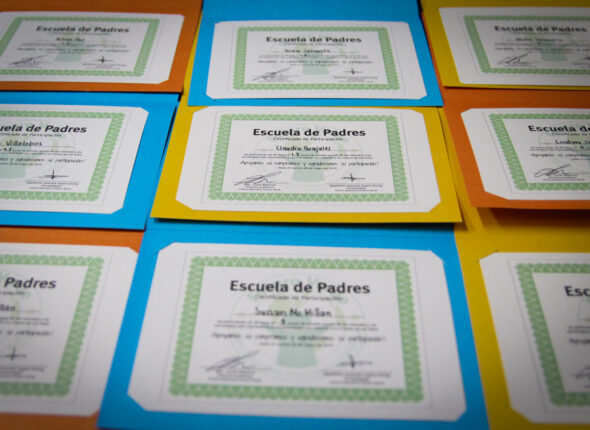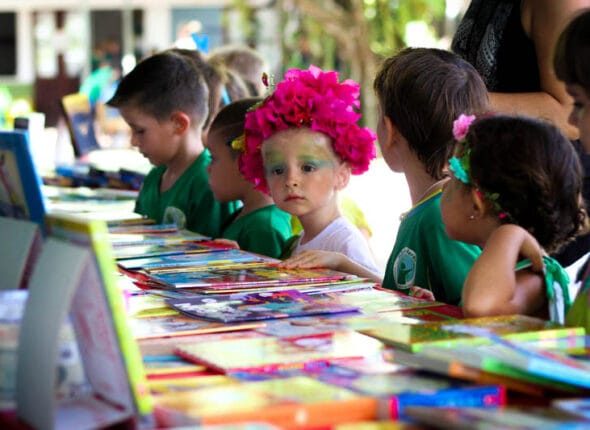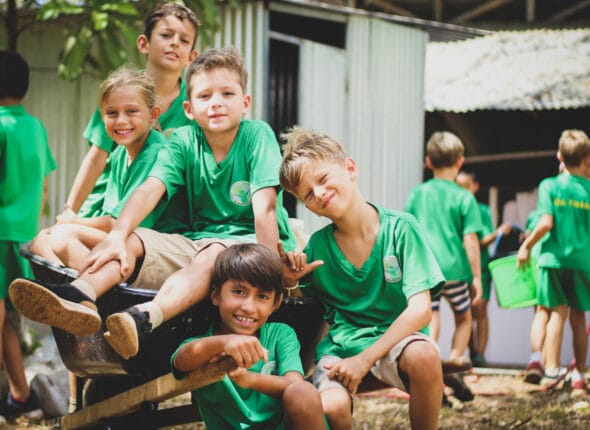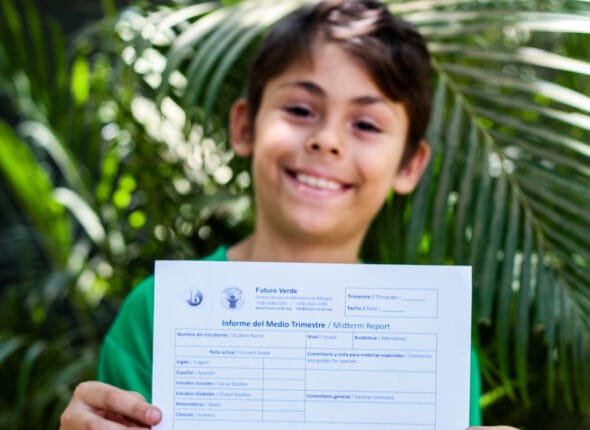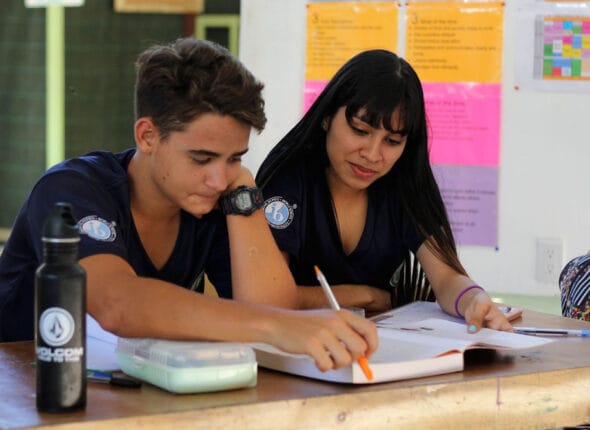International Baccalaureate changes for 2020 and beyond
The world we live in is always changing. With globalization and constant innovation, the children of today will have opportunities…
The Benefits of Camps and Exchanges
Why send your child to camp? The benefits for your child will last much beyond the camp itself. The Model…
The finish line looms
(By Stuart Millar and Karol Madrigal) November 2019 is a month that the 11th and 12th graders are focused on,…
Futuro Verde is turning into a Permaculture Campus!
Take a walk around our school to see all the different projects in different phases of implementation. You might just…
How much talent does Futuro Verde have? (Come find out!)
This year we anxiously await the third edition of Futuro Verde’s Got Talent, a week-long arts festival culminating on June…
Our dedicated parents
We have successfully completed the initiative to offer a workshop for parents! In the past couple of months, we have…
Futuro Verde: Feeling safe and comfortable to be ourselves helps our learning to thrive
Over the course of this year I will be sharing with you reflections on our school’s core values. My article…
Futuro Verde: Always Connected, Forever Evolving
Preface and Context As a part of my role as Head of School for our International Baccalaureate (IB) authorization at…
Time flies!
One way we can tell is that the first mid-trimester report of the year already made its way home. The…
FV IB High School Graduates Transition to University with a New $1,000 Scholarship!
Excellent news welcomed FV students to the 2019 school year with the announcement of a new scholarship available to all…


